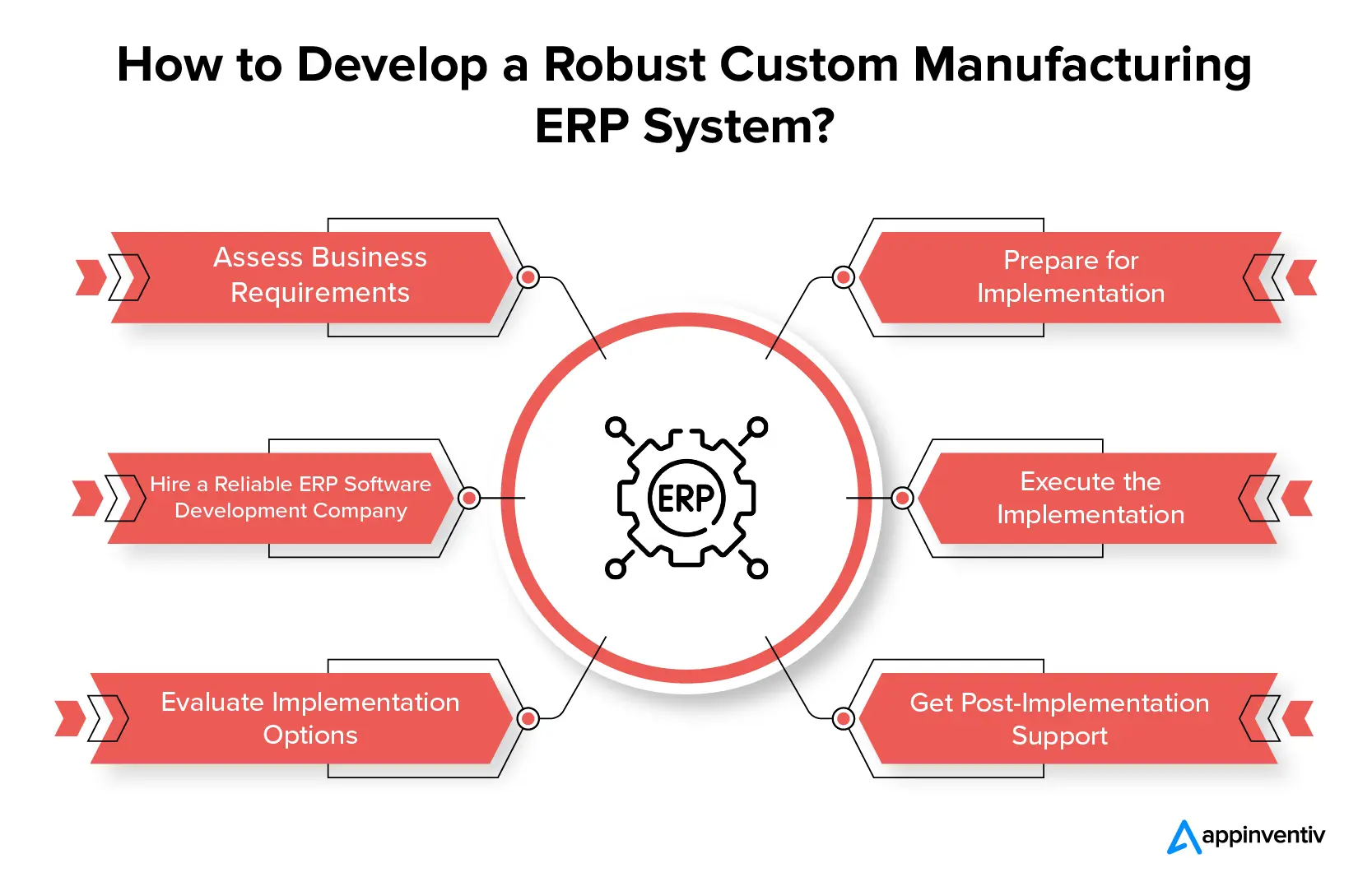In today’s highly competitive manufacturing landscape, businesses are continuously seeking ways to optimize operations, reduce waste, and boost productivity. Enterprise Resource Planning (ERP) software has emerged as a critical tool in achieving these goals. By integrating various processes across departments, ERP systems streamline production, improve decision-making, and increase overall operational efficiency.
What is ERP for Manufacturing?
ERP software for manufacturing is designed to manage and automate core business processes, such as production planning, inventory management, supply chain logistics, financial accounting, and human resources. Unlike traditional management systems, ERP unifies these functions into a single platform, providing real-time data and visibility across the entire organization.
Key Features of Manufacturing ERP
- Production Planning and Scheduling:
ERP software helps manufacturers plan production schedules by analyzing current capacity, demand forecasts, and material availability. It ensures that resources are allocated effectively, minimizing downtime and bottlenecks in production. - Inventory Management:
ERP systems track inventory levels in real-time, ensuring manufacturers have the right materials in stock to meet production demands. This reduces excess inventory and ensures that materials are available when needed, improving cash flow and reducing waste. - Supply Chain Management:
An ERP system integrates supply chain processes, from procurement to delivery. It enhances communication with suppliers, streamlines order fulfillment, and ensures timely delivery of raw materials. This results in fewer delays and improved customer satisfaction. - Quality Control:
Manufacturers can use ERP software to set quality standards and automate quality checks throughout the production process. By maintaining consistent product quality, manufacturers reduce the risk of defects and costly recalls, while improving customer trust. - Financial Management:
ERP systems centralize financial data, making it easier to track expenses, manage budgets, and analyze profitability. Integrated financial management provides manufacturers with a clearer understanding of production costs, helping them make better pricing and cost-control decisions. - Human Resource Management:
ERP software tracks employee data, such as work hours, productivity, and training needs. It helps manufacturers allocate human resources efficiently and ensures compliance with labor regulations.
How ERP Improves Efficiency and Productivity in Manufacturing
- Streamlined Operations
By consolidating all business functions into a single platform, ERP eliminates data silos and manual processes. This leads to faster decision-making, as information flows seamlessly across departments, enabling managers to respond to challenges in real-time. - Improved Resource Allocation
ERP systems provide real-time insights into available resources, helping manufacturers optimize the use of labor, machinery, and materials. Automated scheduling and resource planning reduce downtime and increase output, leading to higher productivity. - Reduced Production Costs
By automating routine tasks and improving production planning, ERP software minimizes waste and reduces operational costs. Manufacturers can avoid overproduction, manage inventory more efficiently, and optimize material procurement to reduce expenses. - Enhanced Collaboration
ERP facilitates collaboration between departments, suppliers, and customers. Manufacturing teams can coordinate more effectively with procurement, sales, and finance departments, ensuring smooth workflow and minimizing errors. This results in faster production cycles and better alignment between supply and demand. - Increased Agility
In the fast-paced world of manufacturing, the ability to adapt quickly to changing market conditions is crucial. ERP software provides the flexibility to adjust production schedules, manage supply chain disruptions, and meet evolving customer demands. This agility gives manufacturers a competitive edge and helps them stay ahead of market trends. - Data-Driven Decision Making
With real-time data and analytics at their fingertips, manufacturers can make more informed decisions. ERP systems provide insights into key performance indicators (KPIs), such as production output, cycle times, and inventory levels, allowing managers to identify inefficiencies and areas for improvement.
Conclusion
Implementing an ERP system in the manufacturing industry offers numerous benefits, from streamlining operations to improving resource management and reducing costs. By integrating key business functions and providing real-time data, ERP software empowers manufacturers to enhance efficiency, boost productivity, and remain competitive in an ever-evolving marketplace.
As manufacturers continue to embrace digital transformation, ERP will play an increasingly vital role in ensuring long-term success. With the right ERP solution, businesses can achieve higher operational efficiency, better decision-making, and improved profitability.
